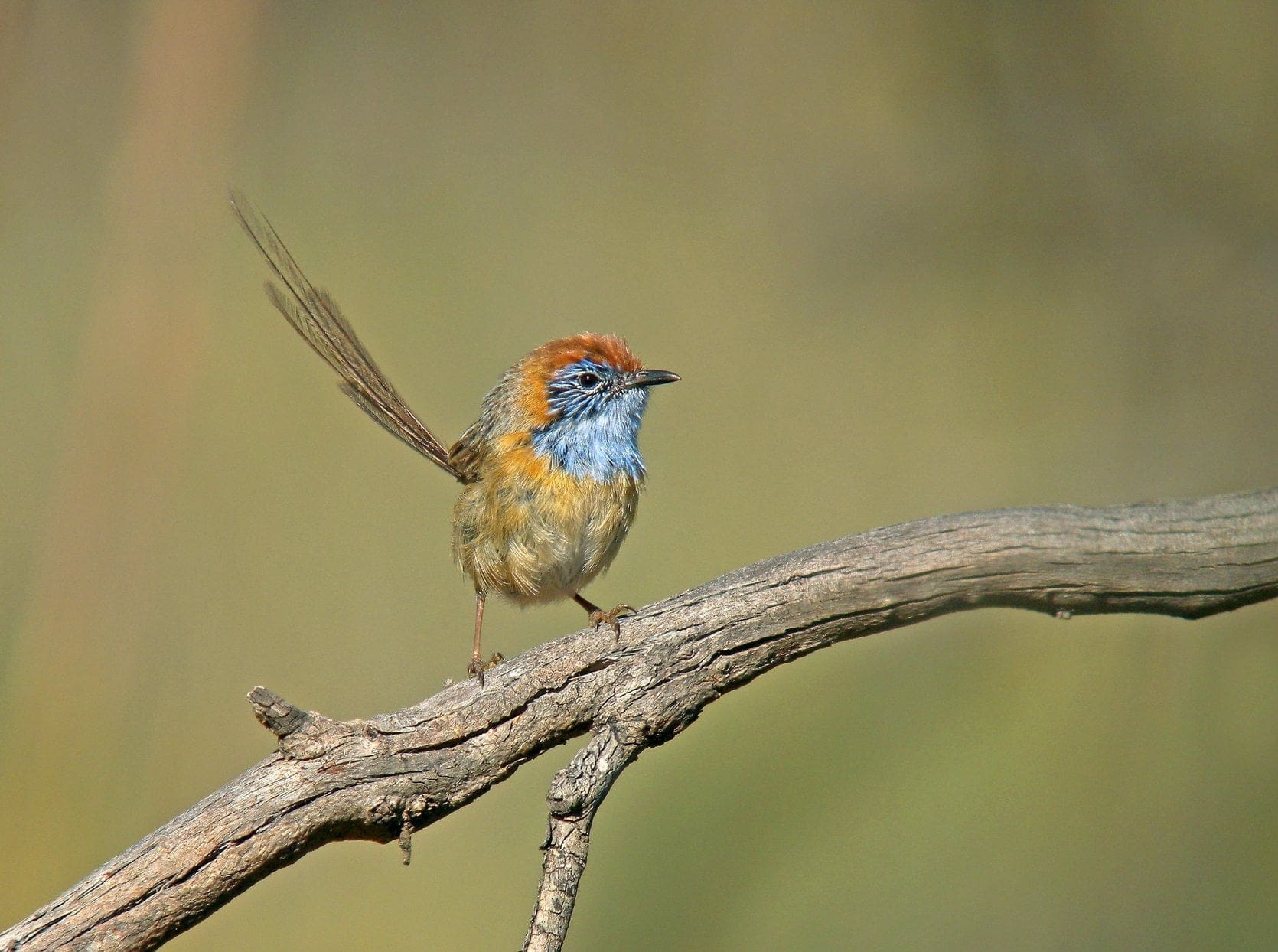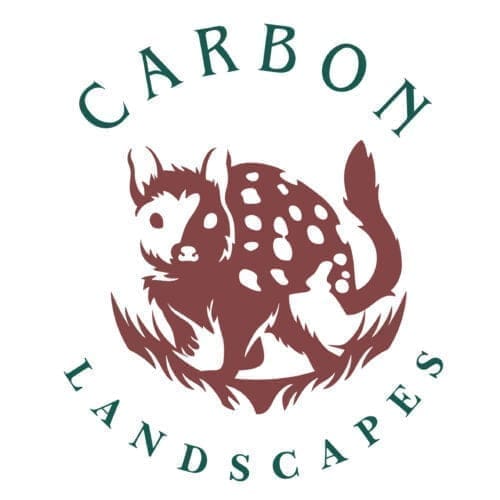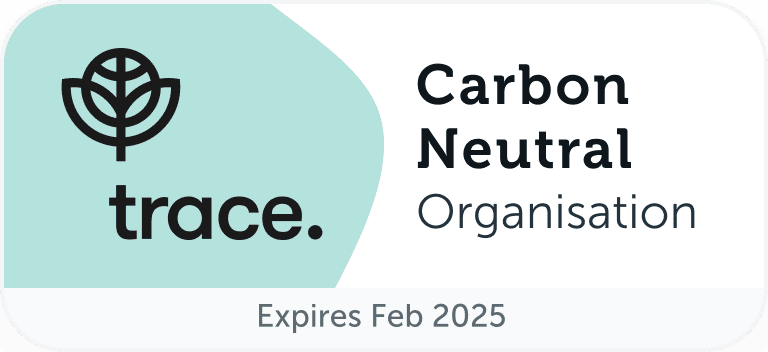Safe havens for endangered species
The Mallee Emu-Wren was once widespread throughout Victoria’s mallee regions, but their numbers have been decimated by land clearing and bushfires. Weighing just 4 grams, the little Mallee Emu-Wen is not a strong flier and is particularly vulnerable. Unable to cross large, open areas, the species has disappeared from large parts of its former range in Victoria.
Zoos Victoria estimates there are between 7,500 and 35,500 birds left in the wild, placing the species in the endangered category.

First Option has ‘adopted’ this beautiful little bird and is working with Carbon Landscapes to reintroduce the Mallee Emu-Wren into protected habitats to ensure it thrives.
With support from First Option Bank, more than 800 hectares of private mallee woodland is now being managed for conservation as part of an innovative plan to protect some of the country’s most endangered native wildlife species.
As custodians of the habitat, Carbon Landscapes will work with some of the country’s foremost scientific experts to remove introduced predator species, manage the habitat to the needs of the species and re-establish their populations.
Chris Pitfield and Dr Steve Enticott are co-directors of Carbon Landscapes. They are at the forefront of a dynamic private enterprise approach to biodiversity conservation in Australia; pairing their partners directly with expert environmental managers from highly respected organisations like Zoos Victoria, Odonata and Deakin University to get straight to the real work of providing safe havens for endangered native species.
Carbon neutral business
First Option Bank has partnered with Trace to become a carbon neutral organisation. This means that we have measured the carbon emissions associated with our operations and offset those emissions through certified climate action projects. You can see our impact and read about the projects we are supporting by clicking on our Carbon Neutral Organisation badge. We are passionate about sustainability and are looking at ways we can further minimise our impact on the planet.




